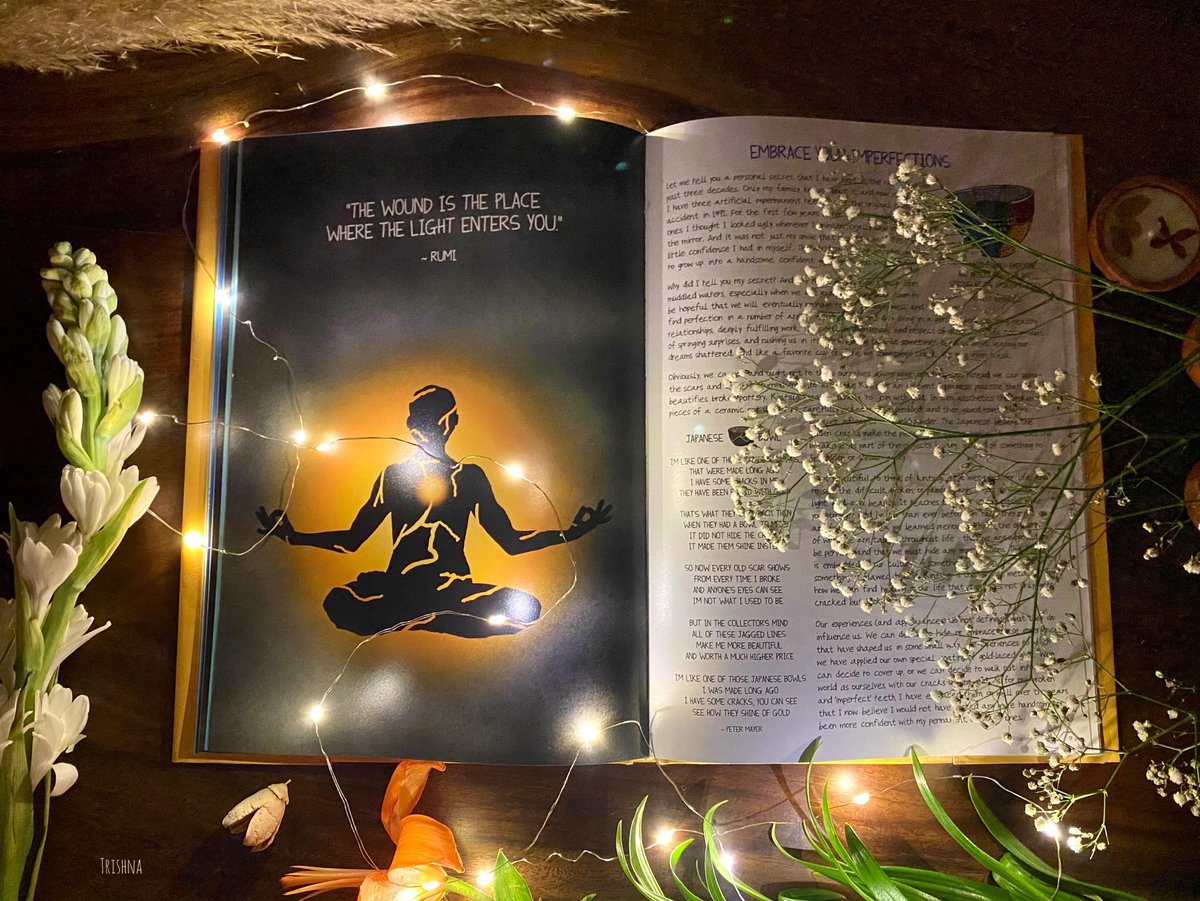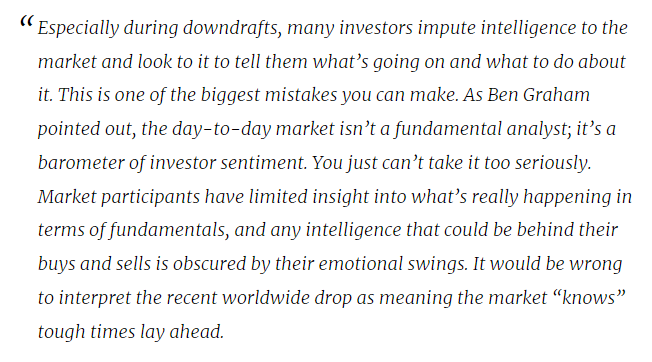If you wish to end 2022 on a 'wise' note, I have an offer to make. :-)
Get your copy of #TheSketchbookofWisdom at a special price till 31st Dec. 2022.
Available here - book.safalniveshak.com
If you like(d) the book, please spread the word. Thank you.
Get your copy of #TheSketchbookofWisdom at a special price till 31st Dec. 2022.
Available here - book.safalniveshak.com
If you like(d) the book, please spread the word. Thank you.
• • •
Missing some Tweet in this thread? You can try to
force a refresh













